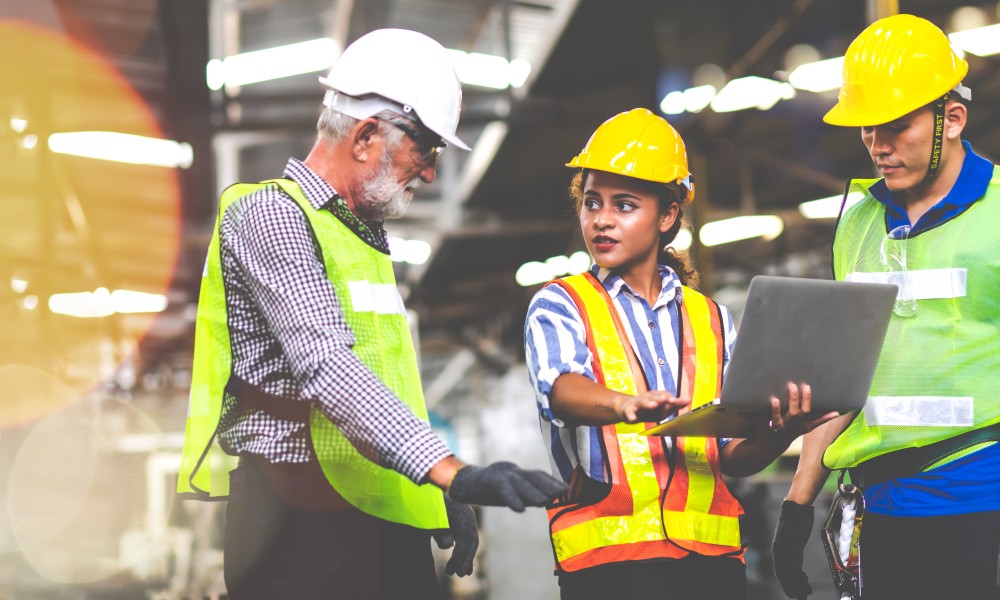The manufacturing industry is undergoing a significant transformation, driven by advancements in artificial intelligence (AI). AI is not only improving efficiency and productivity but also creating new opportunities for innovation. Here are a few ways AI is impacting the manufacturing industry.
Automation and Efficiency
AI-driven automation is revolutionizing manufacturing processes by significantly enhancing efficiency. Automated systems powered by AI can perform repetitive tasks with precision and speed, reducing the likelihood of human error. This results in increased productivity and allows human workers to focus on more complex and creative tasks. Additionally, AI can optimize production schedules, manage inventory, and streamline supply chain operations, further boosting efficiency while reducing operational costs.
Predictive Maintenance
Predictive maintenance is one of the most valuable applications of AI in manufacturing. AI algorithms can analyze data from sensors and machinery to predict when equipment is likely to fail or require maintenance. This proactive approach helps prevent unexpected breakdowns, reducing downtime and maintenance costs. By addressing potential issues before they become critical, manufacturers can ensure smoother operations and extend the lifespan of their equipment, ultimately saving time and money.
Quality Control
AI is also making significant strides in improving quality control processes. Advanced AI systems can inspect products in real time, identifying defects and inconsistencies with a high degree of accuracy. Machine learning algorithms can learn from historical data and continuously improve their inspection capabilities. This ensures that only products meeting the highest quality standards reach the market, reducing waste and enhancing customer satisfaction. AI-driven quality control not only boosts efficiency but also strengthens a manufacturer’s reputation for reliability.
Differences Between Robotics and AI
While both robotics and AI play crucial roles in manufacturing, it is important to understand their distinct differences. Robotics involves the physical aspect of manufacturing, such as using machines to perform tasks traditionally done by humans. AI, on the other hand, focuses on the cognitive aspect, enabling machines to learn, adapt, and make decisions based on data. The integration of AI into robotics, known as AI-driven robotics, creates intelligent machines that can perform complex tasks autonomously. This combination enhances the capabilities of manufacturing systems, leading to smarter and more efficient production processes.
Now that you know how AI is impacting the manufacturing industry, you can appreciate the transformative potential of these technologies. Embrace the power of AI to stay competitive and lead the way in an evolving manufacturing landscape.





